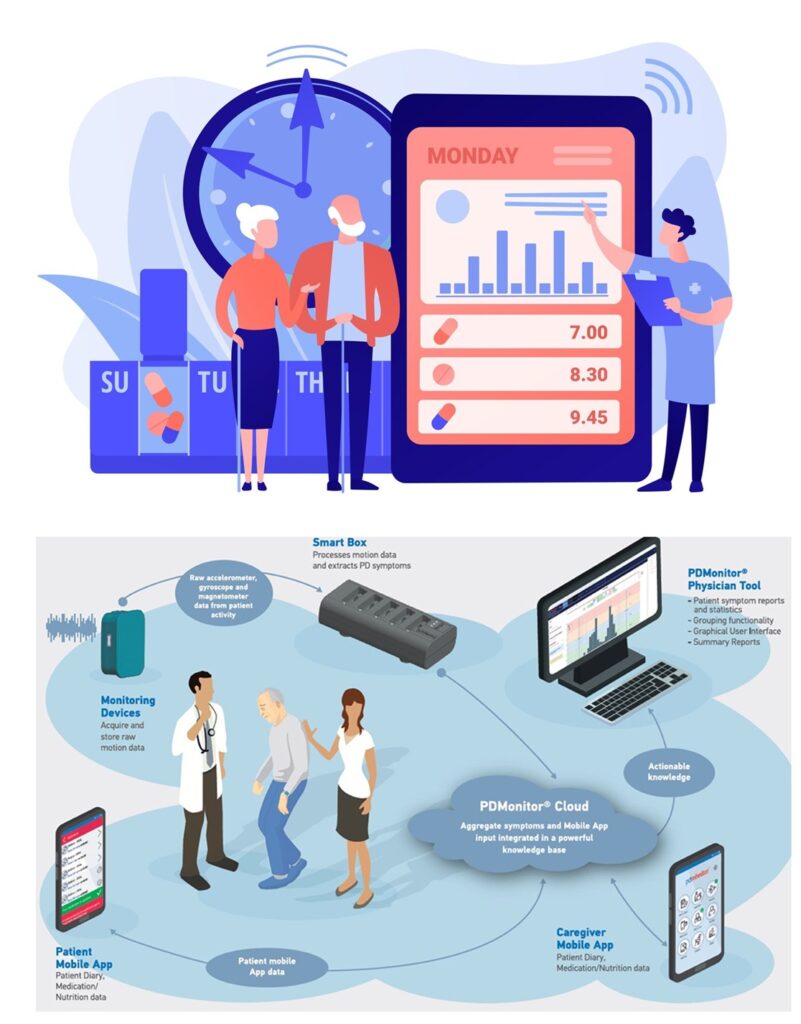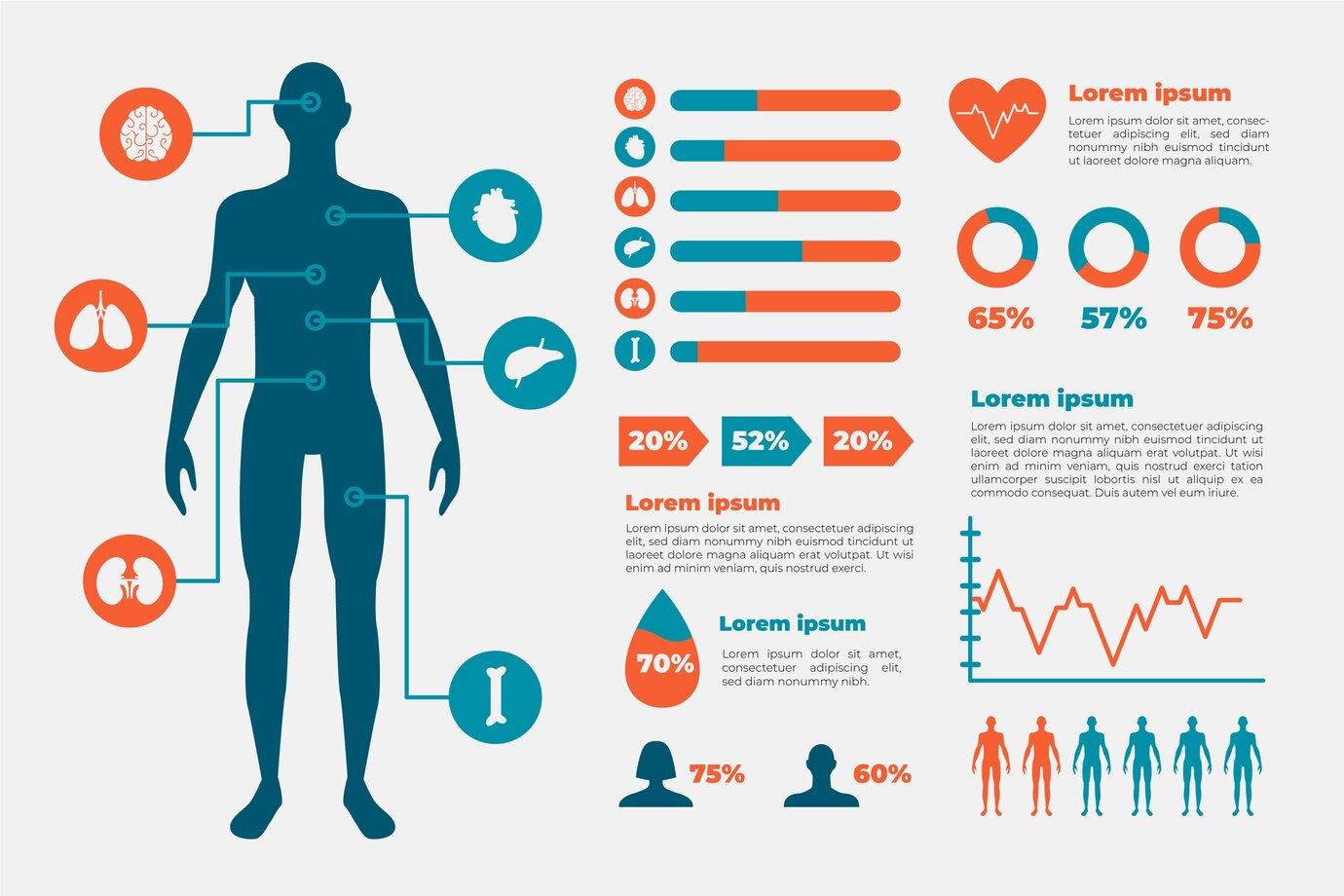Counterfactual
Health
Explanations



Monitoring
Parkinson’s Disease Progression
Monitoring Parkinson’s Disease Progression leverages wearable sensors, mobile applications, and advanced analytics to enable early diagnosis, intervention, and personalized treatment planning. By integrating explainable AI (XAI) techniques and counterfactual risk explanations, the project fosters innovation and collaboration between medical and technological disciplines while ensuring data privacy and security.
This approach enhances patient care by offering real-time monitoring for individuals, caregivers, and healthcare professionals, improving disease prediction and management. Early intervention optimizes quality of life, reduces the healthcare system’s burden, and streamlines operational efficiency through predictive risk modeling and tailored care pathways.
Cardiovascular Risk Assessment
"Cardiovascular Risk Assessment" enables comprehensive analysis and diagnosis by predicting risks through early detection and intervention. It enhances patient care via personalized treatment plans, supported by explainable AI that generates counterfactual explanations. These insights empower clinicians to understand risk factors, tailor therapies, and improve outcomes, ensuring precise, proactive, and patient-centric cardiovascular disease management.
Dr. S. N. Tripathy
Nutrition and Wellness Advisor
This project aims to revolutionise healthcare technology by integrating Explainable AI (XAI) to enhance diagnosis, early detection, and personalised treatment. Generating counterfactual explanations promotes transparency, trust, and informed decision-making across medical and technological domains.
Key Features:
– Accurate diagnosis, early detection, and timely intervention
– Personalised treatment and improved patient support
– Robust data privacy and security
– Risk prediction using explainable models
– Enhanced healthcare system efficiency
Dr. S. N. Tripathy
Nutrition and Wellness Advisor
Benefits for Individual Risk Prediction:
– Improved disease prediction for healthcare professionals
– Real-time health monitoring for individuals and caregivers
– Early intervention for better disease management
– Enhanced quality of life and reduced healthcare burden
The project also proposes to design an architecture incorporating wearable sensors, mobile applications, and advanced analytics for comprehensive health monitoring specific to Parkinson's disease.
Dr. S. N. Tripathy
Nutrition and Wellness Advisor
Body Composition Analysis
"Body Composition Analysis" helps understand fat, muscle, and water levels in the body. It supports analysis and the diagnosis of health issues, aids in risk prediction and early detection of diseases, and guides intervention. This improves patient care, offers personalized treatment plans, and ensures better support for managing conditions like obesity, diabetes, and heart problems.
Dr. S. N. Tripathy
Nutrition and Wellness Advisor
This project aims to revolutionise healthcare technology by integrating Explainable AI (XAI) to enhance diagnosis, early detection, and personalised treatment. Generating counterfactual explanations promotes transparency, trust, and informed decision-making across medical and technological domains.
Key Features:
– Accurate diagnosis, early detection, and timely intervention
– Personalised treatment and improved patient support
– Robust data privacy and security
– Risk prediction using explainable models
– Enhanced healthcare system efficiency
Dr. S. N. Tripathy
Nutrition and Wellness Advisor
Benefits for Individual Risk Prediction:
– Improved disease prediction for healthcare professionals
– Real-time health monitoring for individuals and caregivers
– Early intervention for better disease management
– Enhanced quality of life and reduced healthcare burden
The project also proposes to design an architecture incorporating wearable sensors, mobile applications, and advanced analytics for comprehensive health monitoring specific to Parkinson's disease.
Dr. S. N. Tripathy
Nutrition and Wellness Advisor
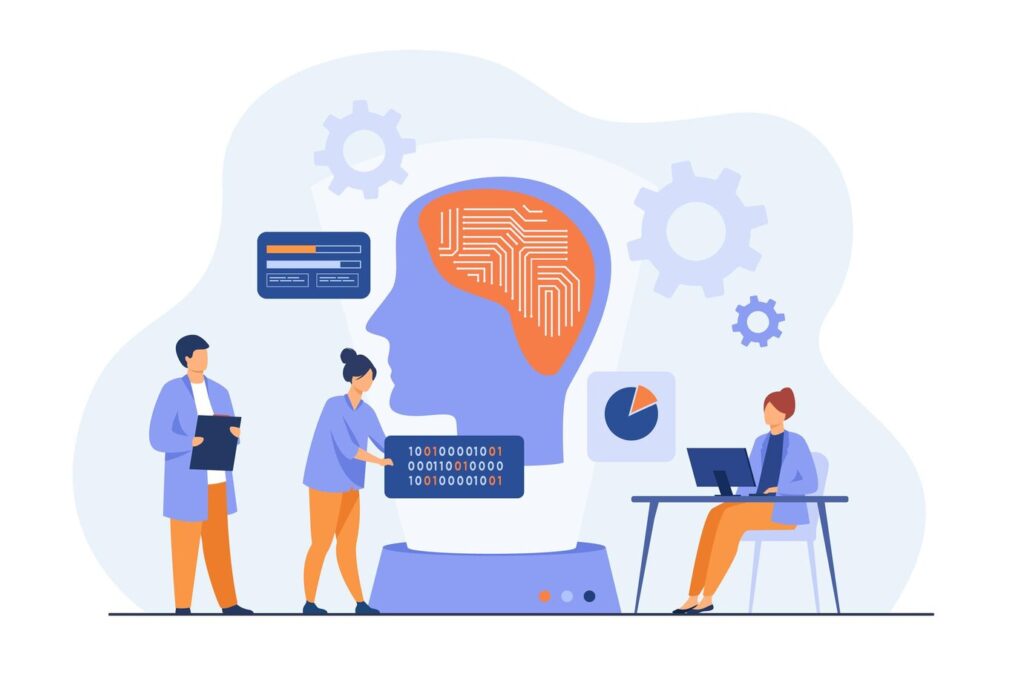
Cognitive Function Monitoring
“Cognitive Function Monitoring” enables real-time analysis and diagnosis of mental decline, allowing early detection of cognitive impairments. It supports risk prediction, personalised treatment plans, and timely intervention. Enhanced patient care is achieved through continuous support and tailored strategies. Counterfactual explanations provide insights into alternate outcomes, aiding clinicians in transparent, data-driven decisions for optimised cognitive health management.
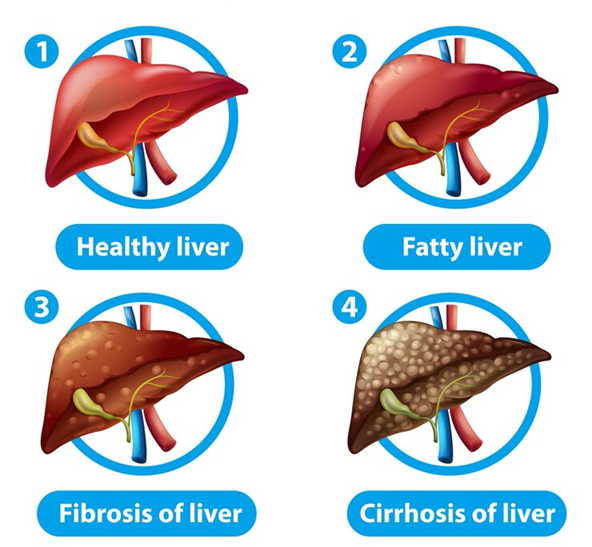
Liver Disease Progression
“Liver Disease Progression” involves analyzing clinical and biological data to diagnose stages, predict risks, and enable early detection. Integrating explainable AI generates counterfactuals for actionable insights, enhancing patient care through timely intervention. This supports personalized treatment strategies, improves prognosis, and empowers clinicians and patients with transparent, data-driven decisions for better disease management and support.

Cancer Stage Evaluation
“Cancer Stage Evaluation” integrates data analysis, diagnosis, and risk prediction to detect cancer early and predict outcomes. By applying Explainable AI (XAI) for generating counterfactual explanations, it enhances personalized treatment plans, supports early interventions, and improves patient care. This approach aids in tailored interventions, providing insights into factors influencing cancer progression, and offers a deeper understanding of possible alternative outcomes for informed decision-making.
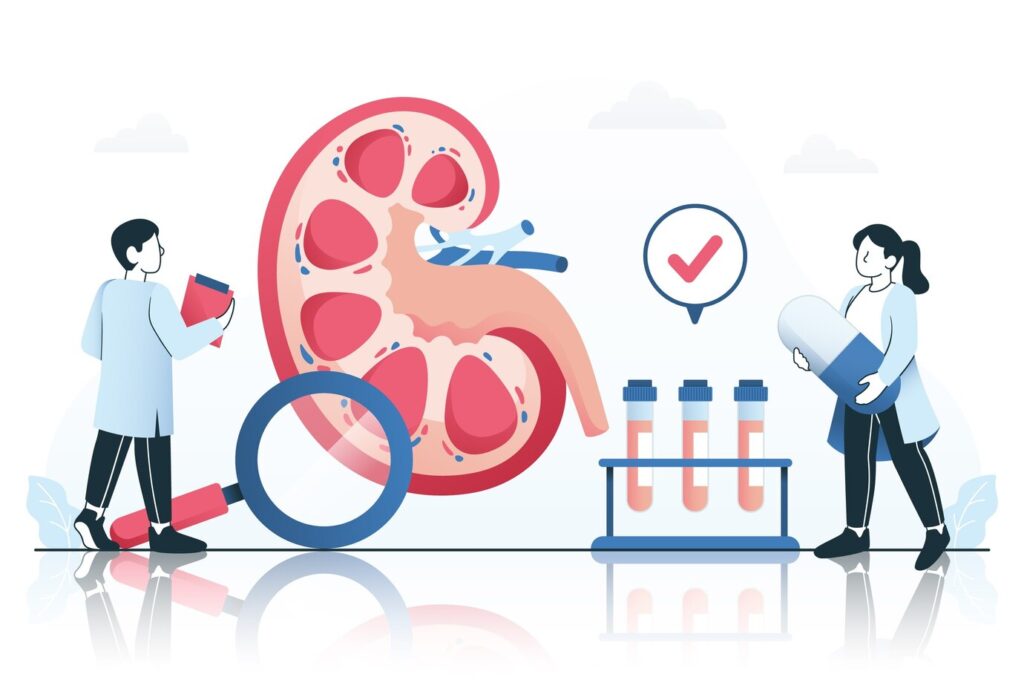
Renal Function Assessment
“Renal Function Assessment” involves analyzing kidney performance to diagnose diseases, predict risks, and enable early detection and intervention. It enhances patient care through timely treatments and supports personalized treatment plans. By generating counterfactual explanations, it offers insights into potential treatment outcomes, helping clinicians make informed decisions for improved patient-specific care and outcomes in renal health.

Gastrointestinal Condition Analysis
The title “Gastrointestinal Condition Analysis” emphasizes a comprehensive approach to diagnosing gastrointestinal disorders, predicting risks, and enabling early detection through data-driven methods. By integrating Explainable AI (XAI) for generating counterfactual explanations, it supports personalized treatment plans, enhances patient care, and facilitates timely interventions, improving clinical outcomes and patient support throughout the treatment journey.
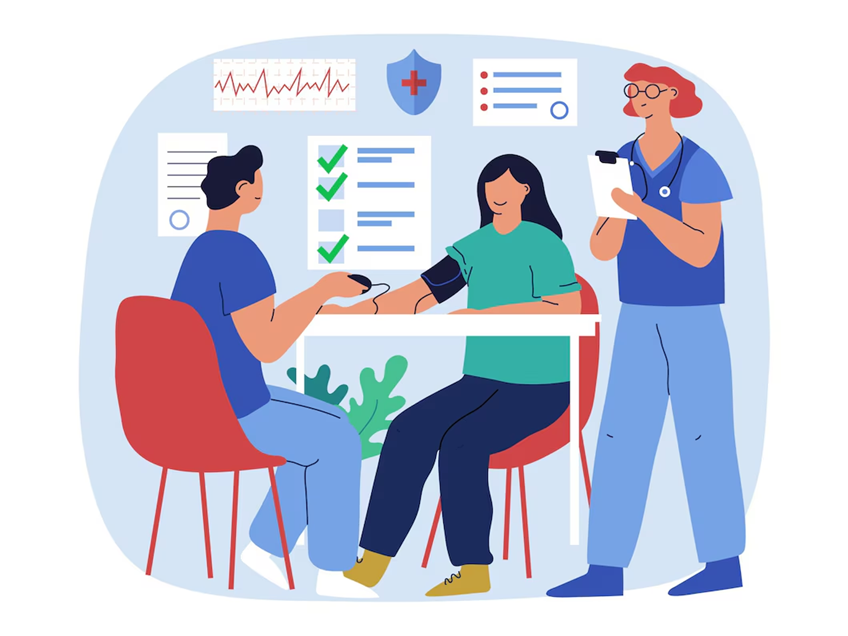
Women’s Health Evaluation
“Women’s Health Evaluation” entails comprehensive analysis and diagnosis, enabling early detection and risk prediction of gender-specific conditions. By integrating explainable AI, it supports personalized treatment and counterfactual explanations to explore alternate health outcomes. This ensures timely intervention, enhances patient care, and empowers women with tailored support strategies for improved long-term health and well-being.

Diabetes Risk Management
“Diabetes Risk Management” entails systematic analysis and diagnosis to identify at-risk individuals, enabling early detection and timely intervention. It supports accurate risk prediction and enhances patient care through personalized treatment plans. By integrating counterfactual explanations, it fosters transparency, empowering clinicians and patients to understand and optimize health decisions for better diabetes prevention and control.

Respiratory Health Monitoring
“Respiratory Health Monitoring” enables real-time analysis and diagnosis, supports early detection and risk prediction of conditions like COPD or asthma, and enhances patient care through timely interventions. By leveraging AI, it offers personalized treatment plans and generates counterfactual explanations to improve transparency, guiding clinicians in making informed decisions for effective, patient-specific respiratory management.
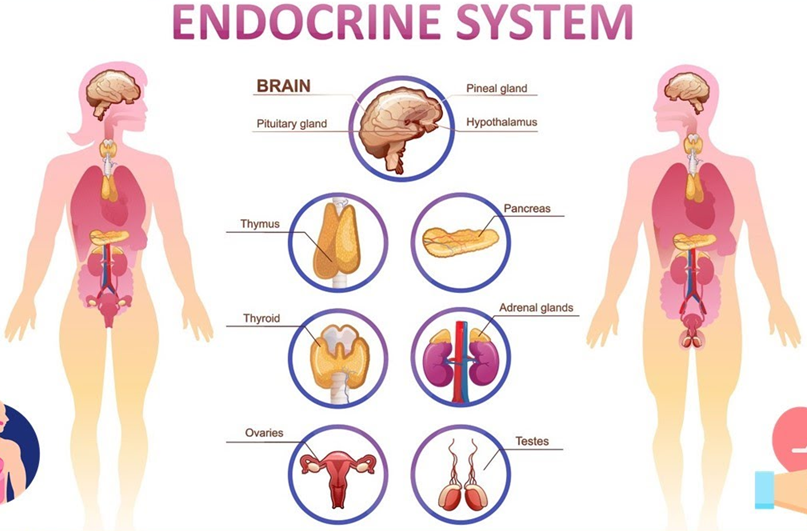
Hormonal Health Analysis
Hormonal Health Analysis enables precise diagnosis, risk prediction, and early detection of endocrine disorders through data-driven insights. It supports personalized treatment plans by integrating biomarkers with AI-generated counterfactual explanations, enhancing patient care, guiding timely interventions, and offering proactive support. This approach ensures tailored therapies, improving outcomes by understanding “what-if” scenarios in hormonal imbalances.
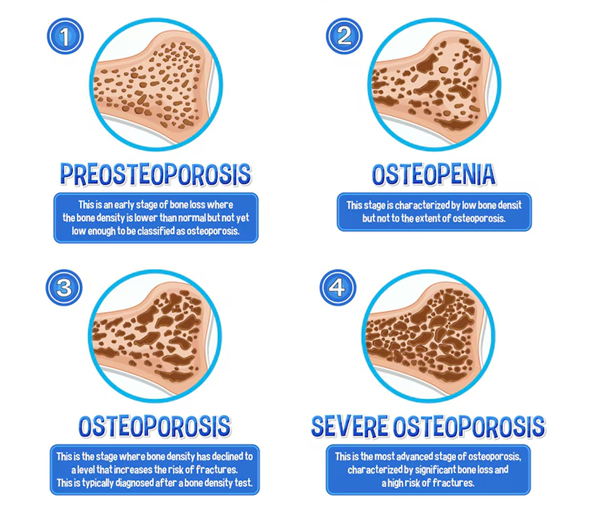
Bone Density & Osteoporosis Risk
The title “Bone Density & Osteoporosis Risk” encompasses analysis of bone health data, early diagnosis through imaging and biomarkers, and risk prediction using AI models. It enables timely detection and personalized interventions. Counterfactual explanations enhance patient understanding by showing “what-if” scenarios, supporting informed decisions, improving care quality, and tailoring treatment plans for better outcomes.
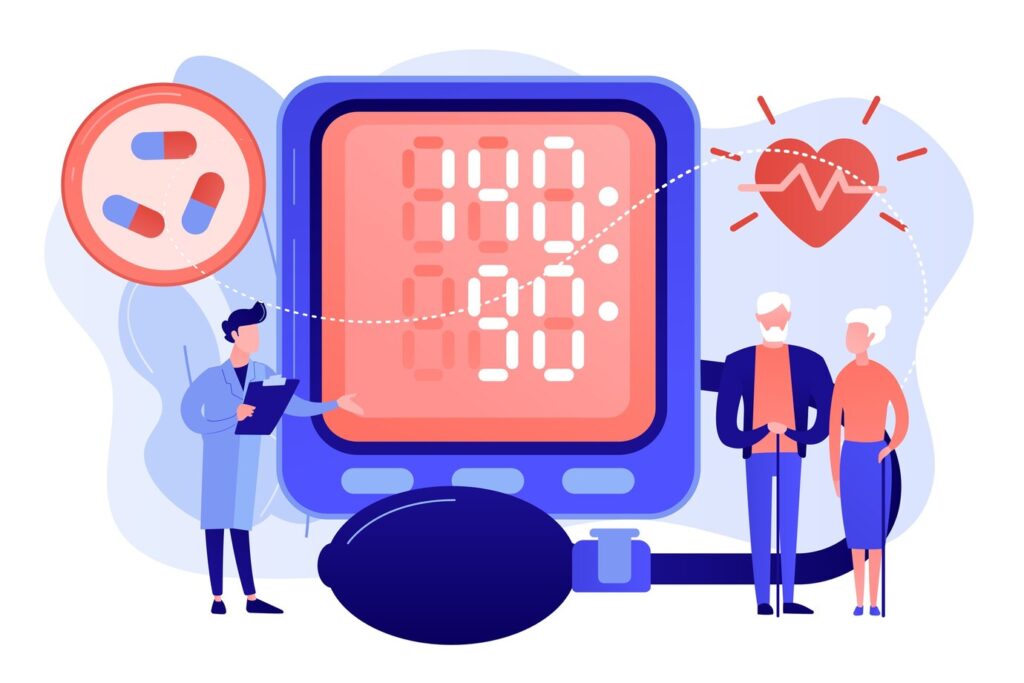
Hypertension Risk Prediction
“Hypertension Risk Prediction” enables comprehensive analysis and diagnosis by identifying key risk factors, supports early detection and timely intervention, enhances patient care through continuous monitoring, and facilitates personalized treatment plans. Integrating counterfactual explanations ensures transparent decision-making, helping clinicians and patients understand how lifestyle or clinical changes could reduce hypertension risk effectively.
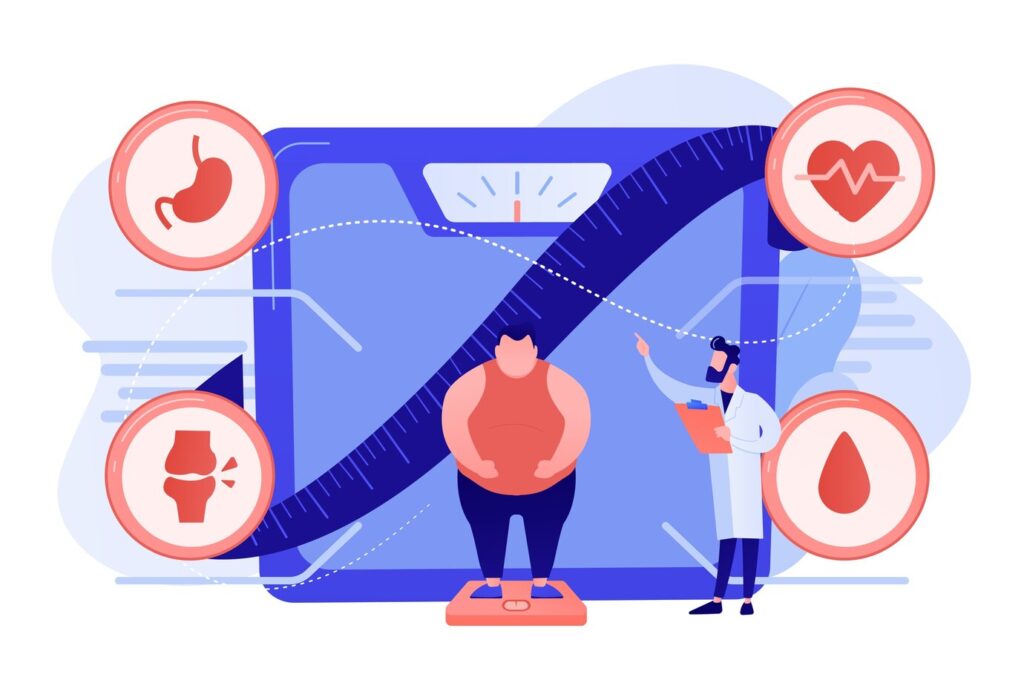
Obesity & Metabolic Health
The title “Obesity & Metabolic Health” encompasses critical aspects of healthcare, enabling data-driven analysis, accurate diagnosis, and risk prediction of associated conditions. It facilitates early detection and intervention, improves patient care through support systems, and enables personalised treatment plans. Leveraging counterfactual explanations enhances understanding of health outcomes and empowers patients to make informed lifestyle changes.

Allergy & Autoimmune Response
The title “Allergy & Autoimmune Response” encompasses the analysis, diagnosis, and risk prediction of allergic and autoimmune conditions, focusing on early detection and intervention. It emphasizes enhancing patient care through personalized treatment plans, leveraging advanced technologies such as explainable AI. By generating counterfactual explanations, the approach improves decision-making, identifying key triggers, and tailoring interventions to individual patient profiles.

